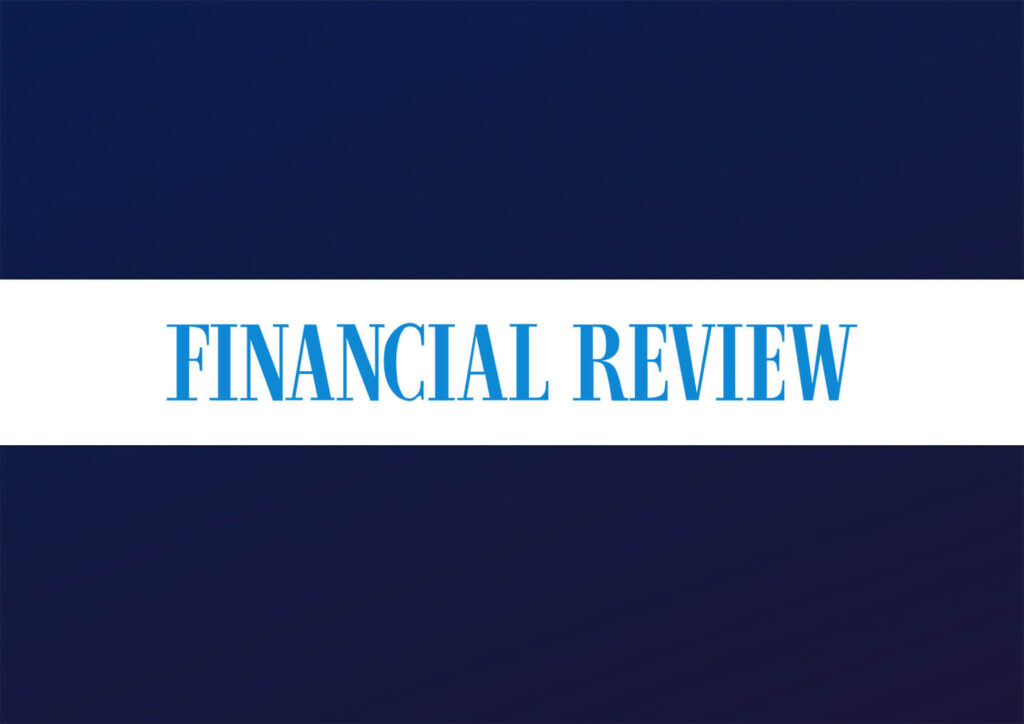
Article by James Thompson courtesy of the Australian Financial Review.
Mining magnate Gina Rinehart has capped an extraordinary year of deal-making across the resources, energy, agribusiness and retail sectors by taking out the top honour.
Gina Rinehart has capped an extraordinary year of deal-making across the mining, energy, agribusiness and retail sectors by being named The Australian Financial Review Business Person of the Year at a ceremony in Sydney on Thursday evening.
The annual AFR Business Person of the Year list recognises Australia’s top leaders, builders, pioneers and stirrers – and Mrs Rinehart could meet all four criteria.
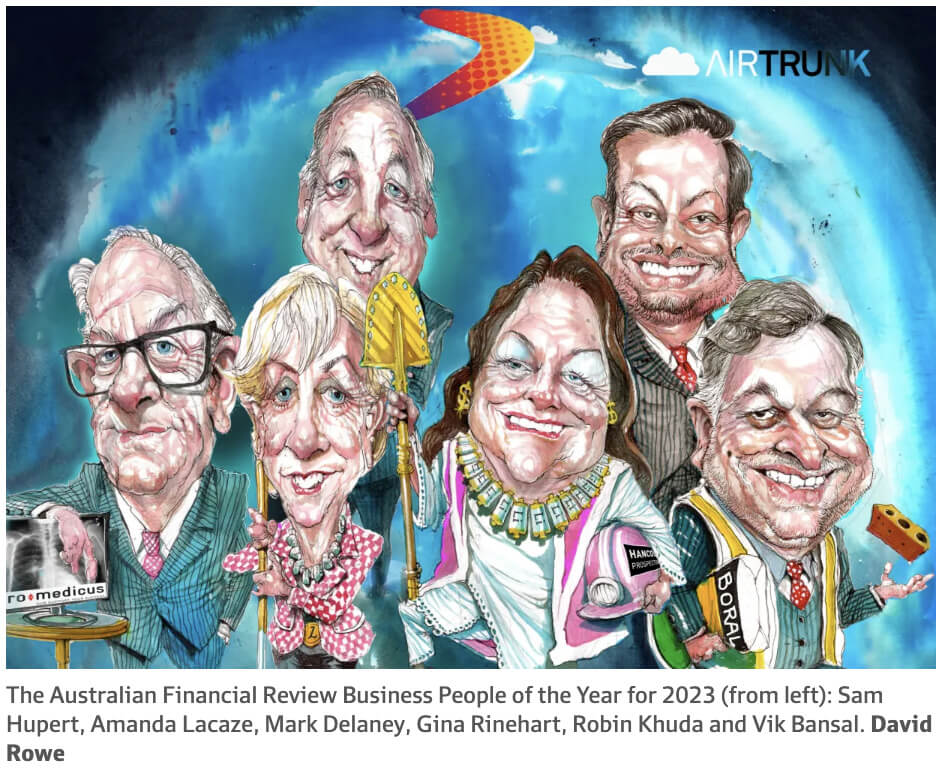
Her Hancock Prospecting empire, which is the biggest private company in the country by some margin, delivered another record year of shipments from its Roy Hill iron ore mine, with robust iron ore prices driving profits to more than $5 billion. The company has a staggering $38 billion in assets on its balance sheet, propelling Mrs Rinehart to the top of The Australian Financial Review’s Rich List for the fourth straight year.
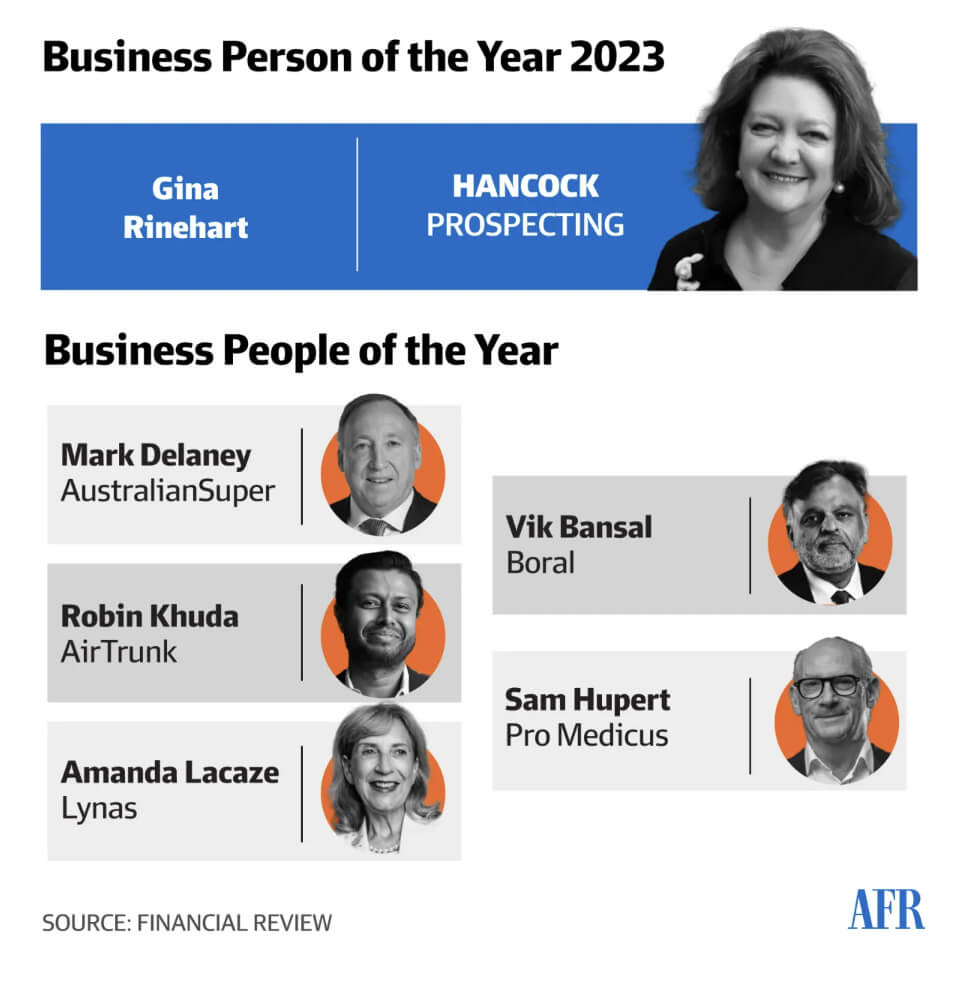
In the last 12 months, Mrs Rinehart has also expanded her interests to a string of other industries. After winning control of Western Australian gas developer Warrego Energy in February, Mrs Rinehart backed a number of rare earths miners, bought office property in Brisbane and continued to expand her agribusiness holdings.
But it was her explosive entrance into the lithium sector that grabbed the biggest headlines. The takeovers of two ASX-listed lithium companies, Azure Minerals and Liontown Resources, collapsed after Hancock Prospecting emerged with stakes big enough to block the deals.
Throughout the year, Mrs Rinehart also remained a passionate advocate for Australia’s mining and farming sectors.
“We are a patriotic Australian company, and we like to make quality investments in iconic West Australia and Australian businesses, and in projects that our country needs to maintain and improve living standards,” she said.
“Australian mining and agriculture feed, clothe, heat and build the world, and if you take them away not only do you relegate Australians to poor living standards, fewer jobs, lower wages, less export revenue and less government tax revenue, but you also deprive our allies of the food, fibre, metals and minerals they need.”
Mrs Rinehart was chosen as Business Person of the Year by the Financial Review’s judging panel, which comprised editor-in-chief Michael Stutchbury; deputy editor, business, Kylar Loussikian; companies editor Vesna Poljak; Chanticleer columnists James Thomson and Anthony Macdonald; national affairs columnist Jennifer Hewett; and BOSS editor, Sally Patten.
The famous five
Five others were recognised as The Australian Financial Review Business People of the Year for 2023: AustralianSuper chief investment officer Mark Delaney; Lynas Rare Earths chief Amanda Lacaze; Boral chief executive Vik Bansal; AirTrunk founder and CEO Robin Khuda; and Sam Hupert, CEO and co-founder of ASX tech firm Pro Medicus.

In a year when many of Australia’s biggest companies took a cautious approach to investing and deal-making given high interest rates and a intensely uncertain economic environment, the list demonstrates how entrepreneurial mavericks have been able to ride some of the big themes in the global economy: the critical minerals race, the energy transition, and the ever-increasing use of data in a world that will be increasingly powered by artificial intelligence.
Mr Khuda, who started data centre giant AirTrunk just eight years ago, pulled off one of the deals of the year, when a staggering 40 lenders piled into the group’s $4.6 billion debt refinancing. The company, which is backed by Macquarie Group, is now reported to be eyeing off a share market listing.

While shares in medical imaging business Pro Medicus have jumped nine-fold in the past five years, 2023 has seen the Melbourne-based, US-focused business land its biggest ever contact with a healthcare group in Texas among a string of other deals.
The group’s understated CEO, Sam Hupert, who founded the business with Anthony Hall some 40 years ago, says the tailwinds of remote work, skills shortages and ever-increasing data usage will continue to drive Pro Medicus’ growth in the booming US market.
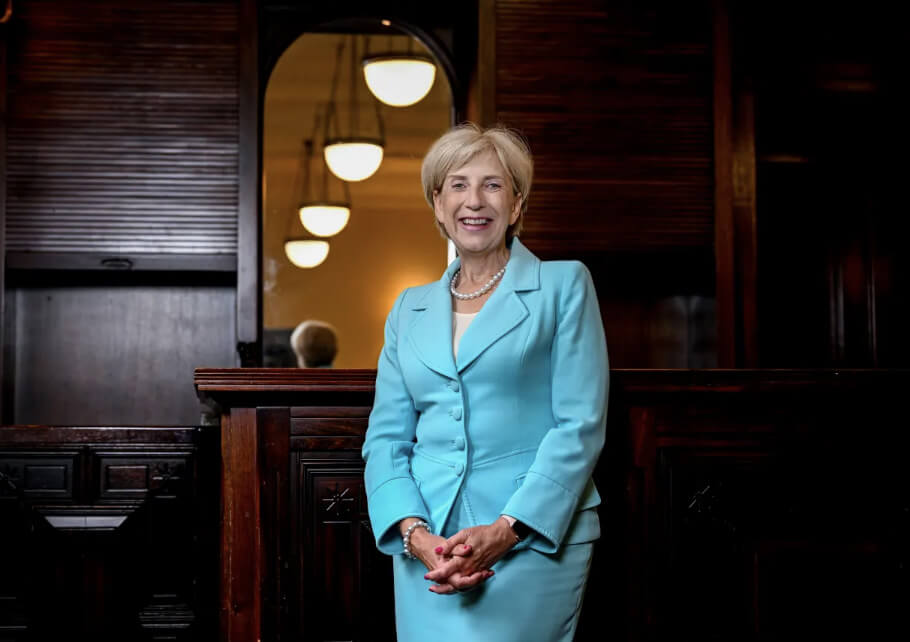
Lynas boss Amanda Lacaze scored a major victory in October when the Malaysian government overturned a ban on a vital part of Lynas’ processing operations in that country, which was due to kick in on January 1, 2024.
The company, which is the world’s biggest supplier of rare earths outside of China, is riding a wave of interest from governments around the world desperate to shore up supply chains as the energy transition intensifies.
The energy transition was central to Mark Delaney’s defining moment of 2023.
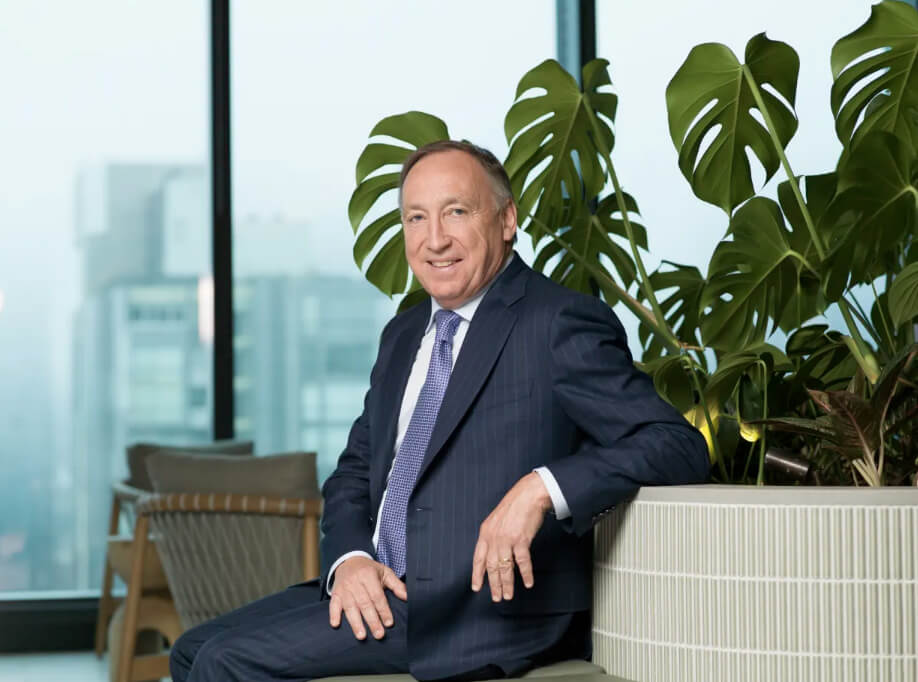
As the man responsible for AustralianSuper’s asset pool of more than $300 billion, Delaney and his team sparked controversy by effectively blocking the $20 billion takeover of Origin Energy by Canadian giant Brookfield and US private equity firm EIG.
A staggering $20 billion flows into AustralianSuper’s coffers each year, giving Delaney huge clout over local capital markets.
Finally, Vik Bansal’s appearance on the Business Person of the Year list makes a stunning comeback for the executive, who departed his previous ASX role as CEO of waste management group Cleanaway amid concerns about his leadership style.
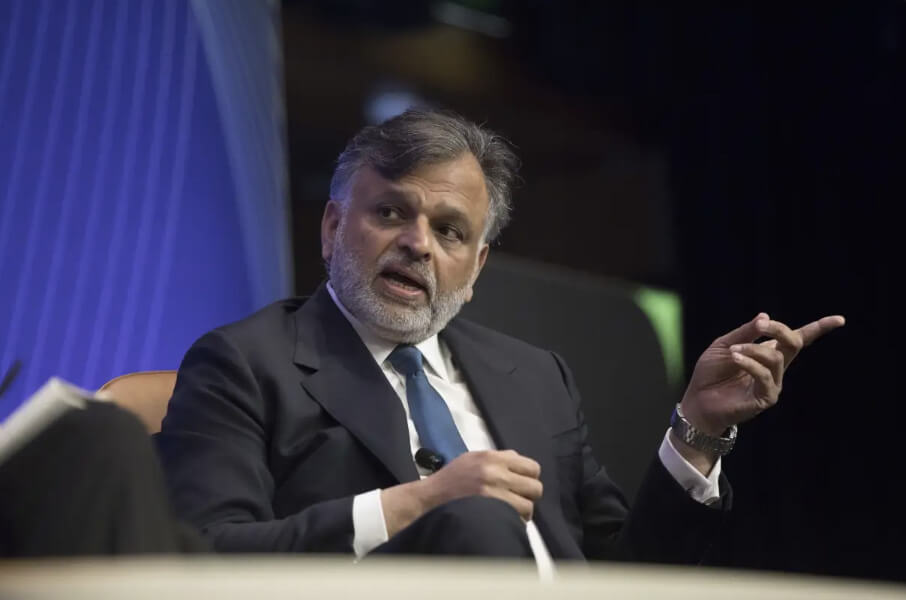
But since joining Boral as chief executive in October 2022, Mr Bansal has overseen a dramatic change in earnings and profit margins at the building material giant, as he and Seven Group, run by Ryan Stokes, attempt to install a more entrepreneurial culture.















